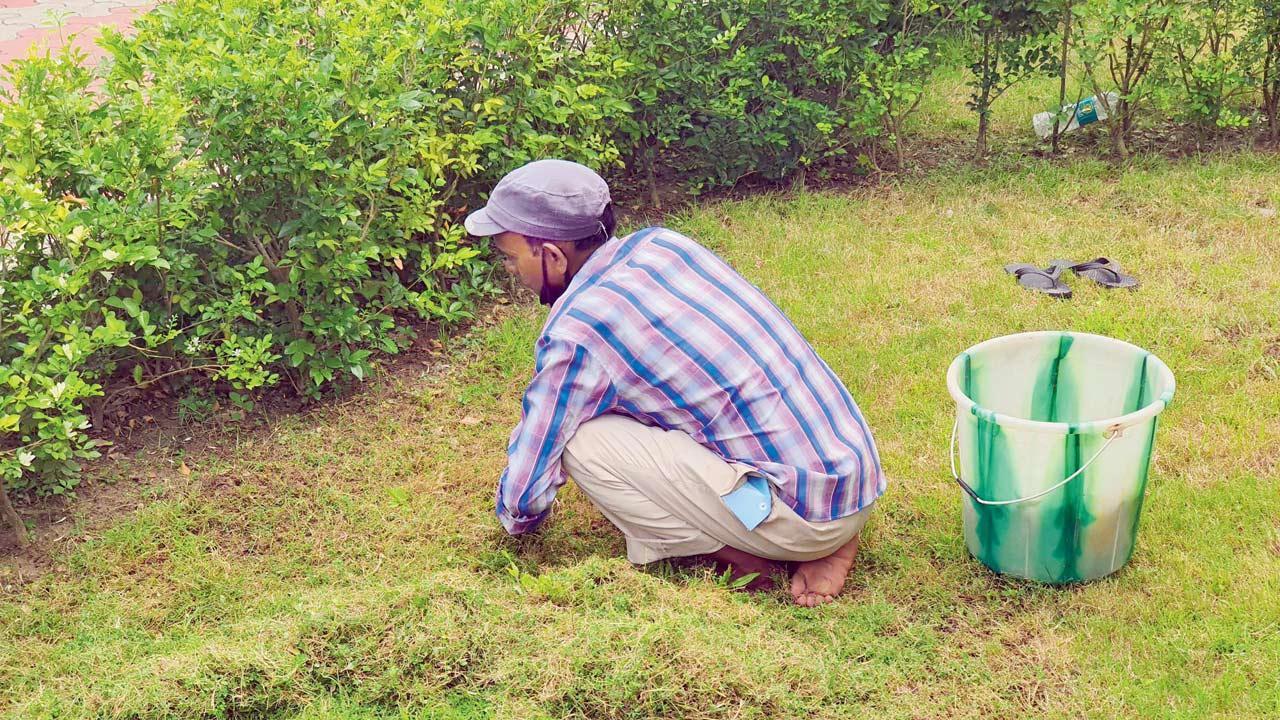Lessons from servants in Africa
Updated On: 12 April, 2022 07:09 AM IST | Mumbai | C Y Gopinath
In India, ‘servants’ are scapegoats, flawed and guilty as charged even before the charge is known. Africa taught me some valuable lessons about dealing kindly with them

In Kenya, I had a large house with a vast garden and more house help than ever, including a driver, a cook, two watchmen and a gardener. Representation pic
 Lesson number one, of course, is that you never ever call them that. Few words are as casually derogatory as servants to describe someone who just happens to have been born too poor and disadvantaged to own your house instead of working in it.
Lesson number one, of course, is that you never ever call them that. Few words are as casually derogatory as servants to describe someone who just happens to have been born too poor and disadvantaged to own your house instead of working in it.
In Kenya, I had a large stone cottage with a vast garden and more house help than I’ve had before or since, including a driver, a nanny, a housemaid, two watchmen, a cook called Hesbon and a 28-year-old gardener called Albert.



